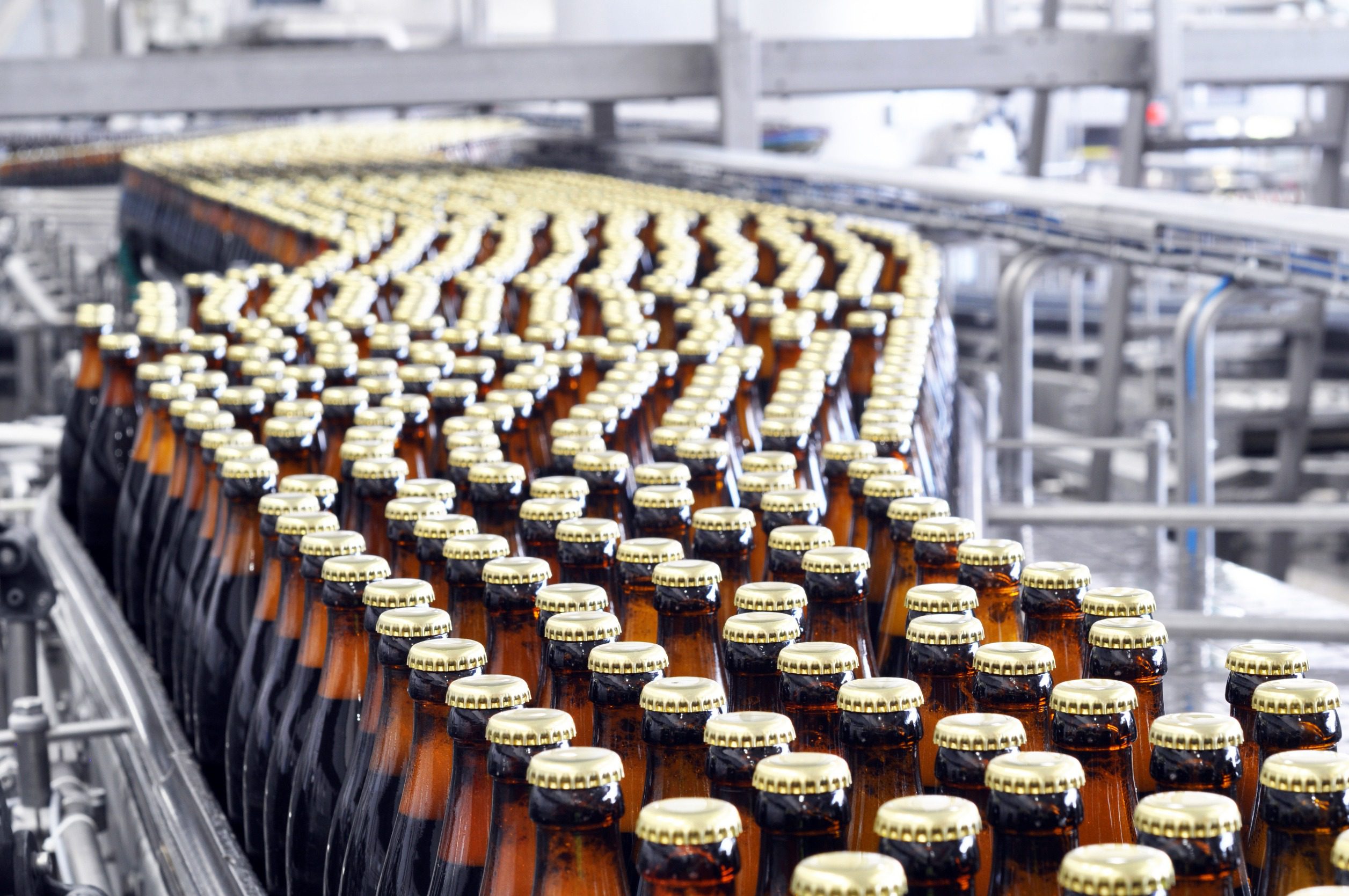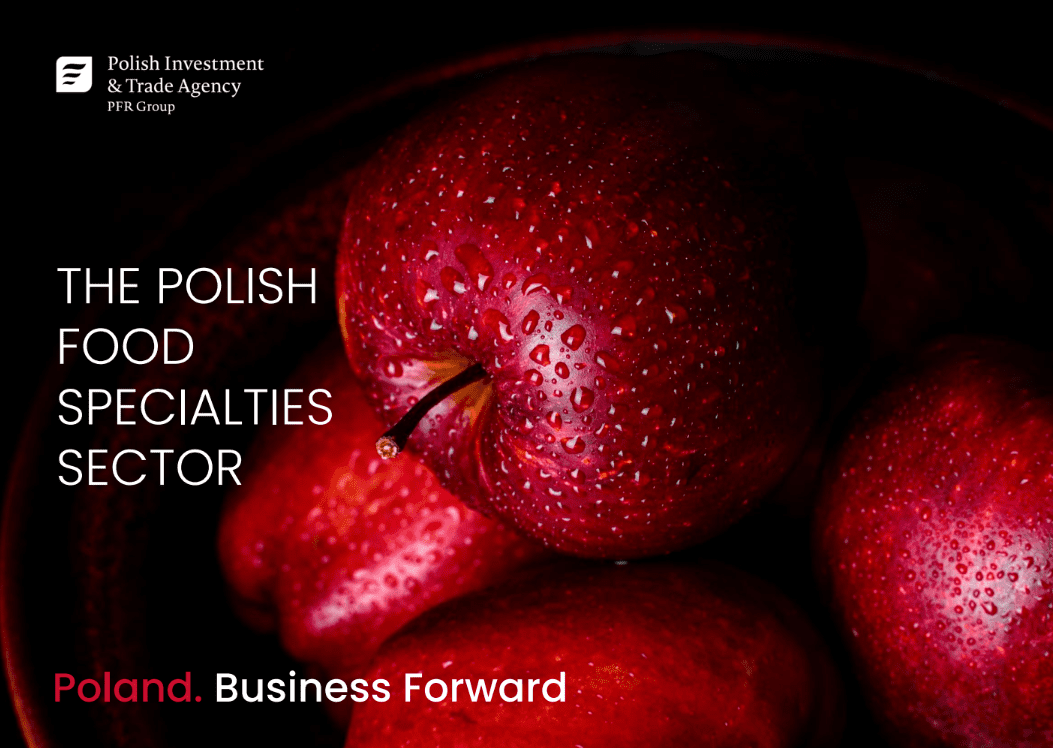Poland at the forefront of beer producers in the EU
14.08.2024
In 2023, beer production in the European Union amounted to 34.3 billion litres, of which 32.5 billion litres were beers containing alcohol and 1.8 billion litres were non-alcoholic beer. Poland – with a production of 3.5 billion litres, which is 10.8 percent of the total beer production in the European Union – ranks third among EU producers.

The first place was taken by Germany (22.3 percent), and the second by Spain (12.4 percent).
Export and import
The Netherlands was the leader in alcoholic beer exports in 2023, shipping 1.8 billion litres, which accounted for 21.5 percent of total beer exports from the EU. Germany and Belgium each exported 1.4 billion litres, while the Czech Republic and Ireland exported 0.5 billion litres each. The main non-EU beer customers were the United Kingdom (0.8 billion litres) and the United States (0.6 billion litres).
France was the largest importer of beer in the EU in 2023, importing 0.9 billion litres (17.1 percent of total EU imports). Other countries importing significant quantities of the drink include Italy (0.7 billion litres), Spain, the Netherlands and Germany (0.6 billion litres each). Imports from outside the EU were dominated by British beer (0.3 billion litres, 57.6 percent of imports from outside the EU) and Mexican beer (0.1 billion litres, 17.2 percent).
Beer consumption in Poland
Despite favourable weather conditions, long holiday weekends and the European Football Championship, the alcoholic beer market recorded a decline in sales in the first half of 2024. According to the data of the Union of Brewing Industry Employers – Polish Breweries, the beer market oscillated around zero in terms of sales dynamics compared to the previous year.
However, the craft beer segment, also known as the craft beer market, is experiencing intense growth. This trend has attracted the attention of both beer lovers and new entrepreneurs, who have seen the potential to create unique, local products. Currently, there are several hundred craft breweries in Poland, and this number is steadily growing.
Craft beers are characterized by a great variety of styles and flavours. Unlike mass-produced beers, which often focus on uniform flavour and affordability, craft beers are created with quality, experimentation, and providing consumers with a unique taste experience. Styles such as IPAs, stouts, porters, as well as experimental beers with the addition of fruit, spices or unusual yeast are popular. Many breweries are launching limited editions and unique recipes, which attracts beer connoisseurs looking for new, intense flavours.
In recent years, craft beers have accounted for about 1-2 percent of total beer production in Poland, and their share in consumption is also relatively small – about 2-3 percent.
Non-alcoholic beers save the market
The increase in interest in non-alcoholic beers indicates a strong and lasting consumer trend to look for an alternative to alcohol. In Poland, non-alcoholic beer is considered to be a beverage that contains no more than 0.5 percent ethyl alcohol. According to Polish laws and European Union regulations, products with an alcohol content up to this limit can be legally labelled as “non-alcoholic”.
It is worth noting that there are also beers on the market marked as “0.0%”, which contain even less alcohol, often zero amounts, and are produced specifically for consumers who completely avoid alcohol.
In recent years, the non-alcoholic beer segment has recorded double-digit year-on-year growth (in the first half of 2024, non-alcoholic beers recorded an increase in sales of more than 16 percent), which has made Poland one of the largest producers in Europe, with a share of about 12 percent of the EU market. Experts predict that the non-alcoholic beer category will continue to grow, and Poland may soon become the leader in terms of the share of non-alcoholic beer in total beer sales in Europe
The main factors driving this growth are the change in Poles lifestyle, Poles are increasingly looking for healthier alternatives to traditional alcoholic beverages. Non-alcoholic beers are seen as an attractive option for active people who care about their health and those who, for various reasons, have given up alcohol but want to enjoy the taste of beer. This trend is so strong that non-alcoholic beers are becoming a significant product, saving the brewing industry in the face of declining sales of alcoholic beers.
The future of the Polish beer market
The Polish beer market, despite the challenges, has the potential for further growth, supported by the growing popularity of local brands and craft beers. At the moment, the brewing industry in Poland is facing a serious task related to the implementation of a deposit system for packaging. The new regulations require the adaptation of the existing returnable bottle system and the creation of a return system for aluminium cans.
The deposit system is designed to increase the level of recycling of packaging, reduce waste and support sustainable development. In practice, this means that consumers will be obliged to return beer bottles and cans in exchange for a refund of the deposit they previously paid at the time of purchase.
For large breweries that have the appropriate resources and infrastructure, the implementation of the deposit system will require adaptation to the new regulations, but should not be a major problem. These companies already operate on a large scale and have experience in managing the return of packaging, especially when it comes to returnable bottles.
However, for smaller breweries, including craft breweries, the deposit system can prove to be more challenging. For them, the implementation of a new system may involve the need to incur significant investment costs related to the purchase and installation of appropriate equipment for collecting and storing packaging. They may also face logistical difficulties in managing the return of packaging on a smaller scale.
In the long term, the deposit system can prove to be beneficial for the entire industry, as it will help reduce waste and support pro-ecological initiatives, which is increasingly appreciated by consumers.
Source:
- Eurostat, „34.3 bn litres of beer produced in the EU in 2023”,
- Union of Brewing Industry Employers – Polish Breweries – data for the first half of 2024.
Spis treściTable of contents
- Everything
- News (3)
- Events (1)
- Get Support (83)
-
 Article
ArticleThe Polish Food Specialities Sector – a PAIH report
According to the Polish Investment and Trade Agency’s quarterly report, “The Polish Food Specialitie…
 Article
ArticleEnotourism in Poland
According to the data of the National Support Centre for Agriculture (KOWR), wine production plays a…
-
 Institution
InstitutionThe Investor Tax Service Center
The Investor Tax Service Center is a unit operating within the Ministry of Finance
 Institution
InstitutionKatowice City Hall – Investors Assistance Department
The Investors Assistance Department of Katowice City Hall is a unit which supports investors and ent…
The Export Promotion Portal uses cookies to make it easier for users to use the website and for statistical purposes. If you do not block these files, you agree to their use and saving in the memory of your computer or other device. Remember that you can change your browser settings to block the storage of cookies. More information can be found in Privacy Policy and Terms and conditions.



